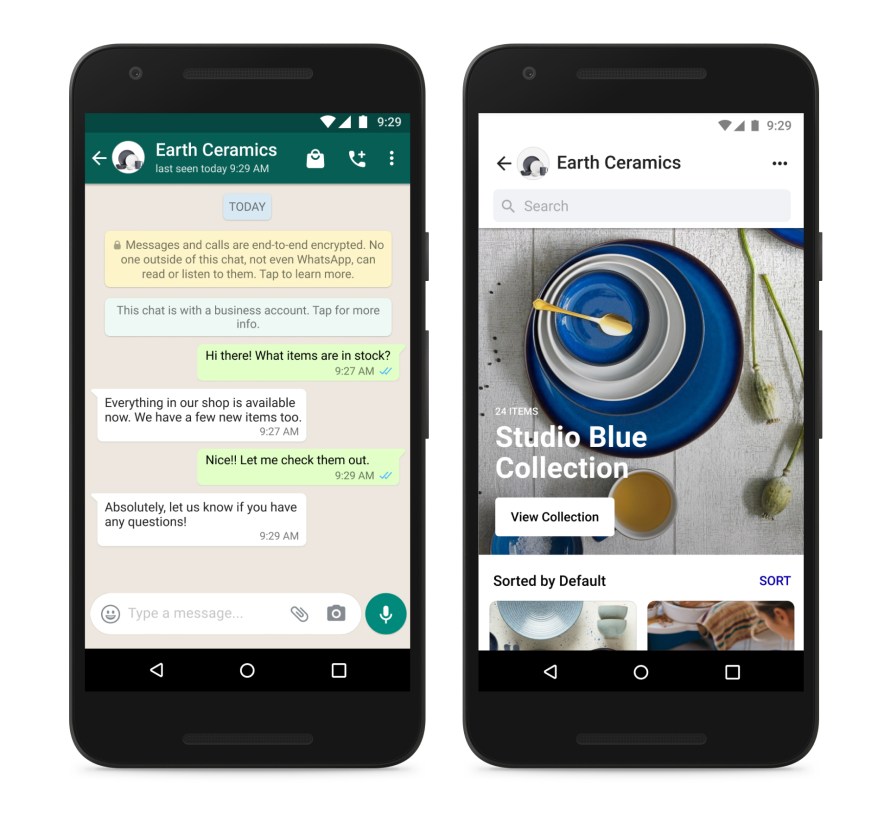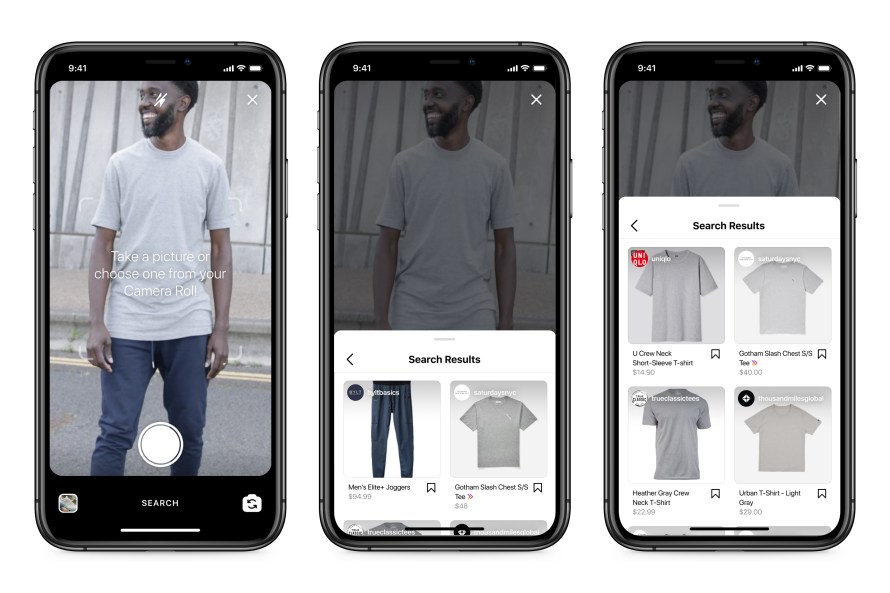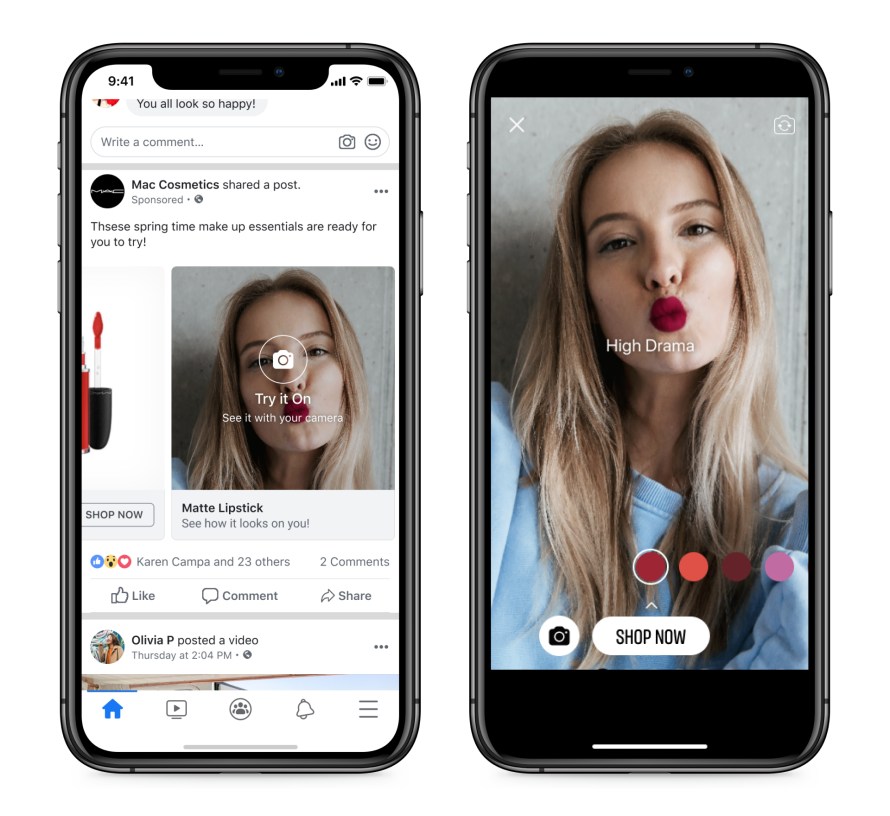Facebook announced new ways to shop across its apps, along with solutions for businesses to personalize shopping with ads, and investments in immersive technologies like augmented reality and artificial intelligence that will shape the shopping experiences of tomorrow.
Last year, when Covid-19 shut down local economies, Facebook accelerated the launch of Shops to help businesses sell online, believing the shift to online, social-first shopping is not temporary. One in three shoppers globally say they plan to spend less time in-store even after the pandemic is over, and almost three-quarters say they get shopping ideas from Facebook, Instagram, Messenger, or WhatsApp. Facebook said it will continue to support economic recovery by making further investments in Shops and waiving fees for business sellers through June 2022.
Bring Shops to more people
Today, Facebook has over 300 million monthly Shops visitors and over 1.2 million monthly active Shops. To make it easier for people to discover and buy from Shops, Facebook will give businesses in select countries the option to showcase their Shop in WhatsApp. In the US, it will enable them to bring Shops products into Marketplace, helping them reach the more than a billion people globally who visit each month.
To give shoppers more information before they buy, over the next few months, the platform will expand ratings and reviews to products in Shops on Instagram; photos and videos from the community will be visible later. These changes will help people make more informed decisions on what to buy and will let businesses know if they are meeting customer expectations.
Personalizing the shopping journey with ads
To provide a shopping experience as personalized as users' News Feed, Facebook introduces Shops ads solutions that provide unique ads experiences based on people’s shopping preferences. For example, the platform is testing the ability for businesses to send shoppers to where they are most likely to make a purchase based on their shopping behavior, such as curated products that they might be interested in from a Shop or a business’ website. In the future, it will explore ways to help brands further personalize their Shops ads by providing special offers or promotions to select shoppers.
This builds on existing tools for businesses that help them find the right audience like Shopping Custom Audiences and ads with product tags, which enable businesses to send people to their Shop directly from an ad. Together, this suite of personalized Shops ads solutions can help businesses move customers from discovery to purchase.
Introducing new technologies
Facebook is investing in immersive technologies like augmented reality and artificial intelligence that will be the foundation for the way we shop online going forward. With new visual discovery tools on Instagram and with AR experiences, it aims to help shoppers find new products and visualize items before they buy.
On Instagram, Facebook will start this year testing a new visual search powered by AI. Visual search helps people find similar products – like floral print dresses – just by tapping on an image of a dress they like. In the future, people will be able to take photos from their camera to start a visual search. While it’s still early, visual search should enhance mobile shopping by making more pieces of media on Instagram shoppable.
Even as brick and mortar re-open in many countries, two-thirds of online shoppers say that they want to virtually try on products from the comfort of their home. To help shoppers get a better feel for the fit of a product before they purchase, Facebook aims to make it easier for brands to create AR try-on experiences in Shops through new API integrations with Modiface and Perfect Corp. It is also introducing new tools for brands to include AR product catalogs in ads that will automatically show relevant products to people based on their interests.










